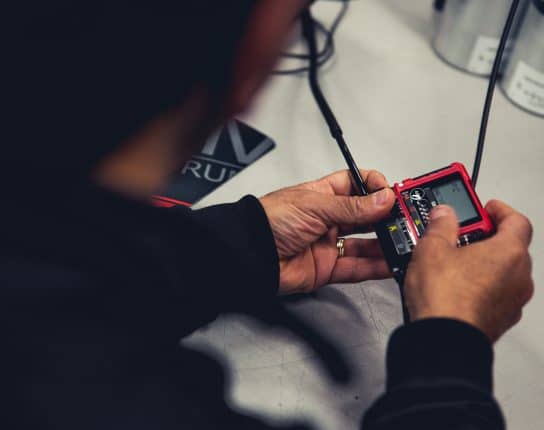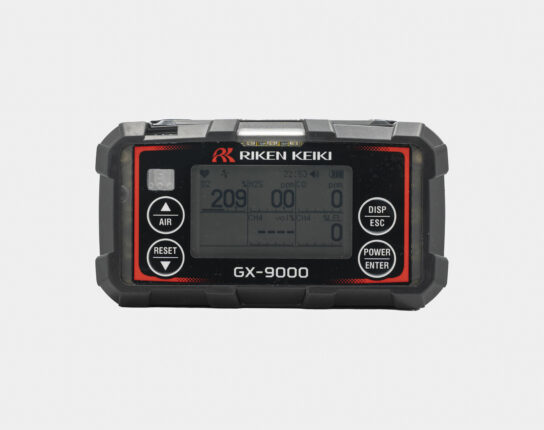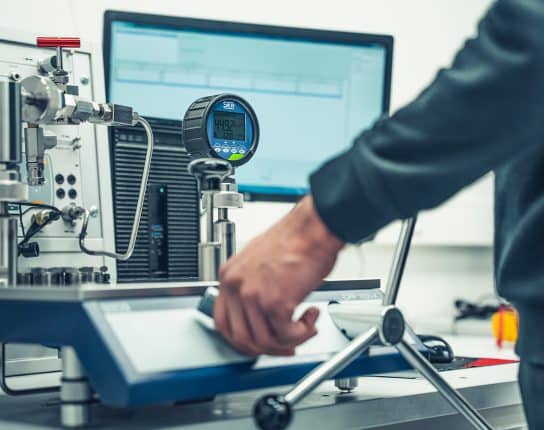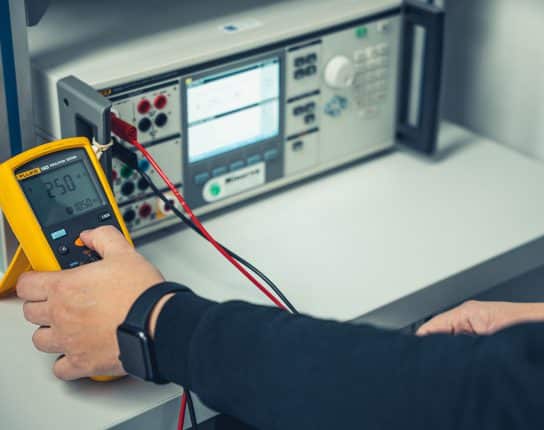
How to choose the right thermometer
When it comes to temperature readings, accuracy is key. Whether you’re a maritime professional or an industrial engineer, having the right thermometer on hand can make all the difference between accurate readings and inaccurate ones. But with so many types of thermometers available, how do you know which one is best for your needs? Let’s take a look at some tips to help you choose the right thermometer.
Types of thermometers
The first step in choosing the right thermometer is understanding the different types of thermometers that are available. There are three main types of thermometers: contact, non-contact, and digital.
Contact thermometers are the most common type of thermometer and measure temperature by making physical contact with an object. They typically come in two forms—liquid-filled or bimetallic—and both can be used for measuring temperatures over short distances. Liquid-filled thermometers use a liquid such as alcohol to measure temperatures, while bimetallic strips take advantage of metals that expand and contract depending on temperature changes.
Non-contact thermometers measure temperature from a distance using infrared technology and are ideal for measuring temperatures in hard-to-reach locations or when taking measurements quickly is important. They also don’t require any physical contact with an object, making them safe and easy to use.
Digital thermometers are similar to contact thermometers, but they use electronic signals instead of liquids or metals to measure temperature changes. This makes them more accurate than other types of thermometers but also more expensive.
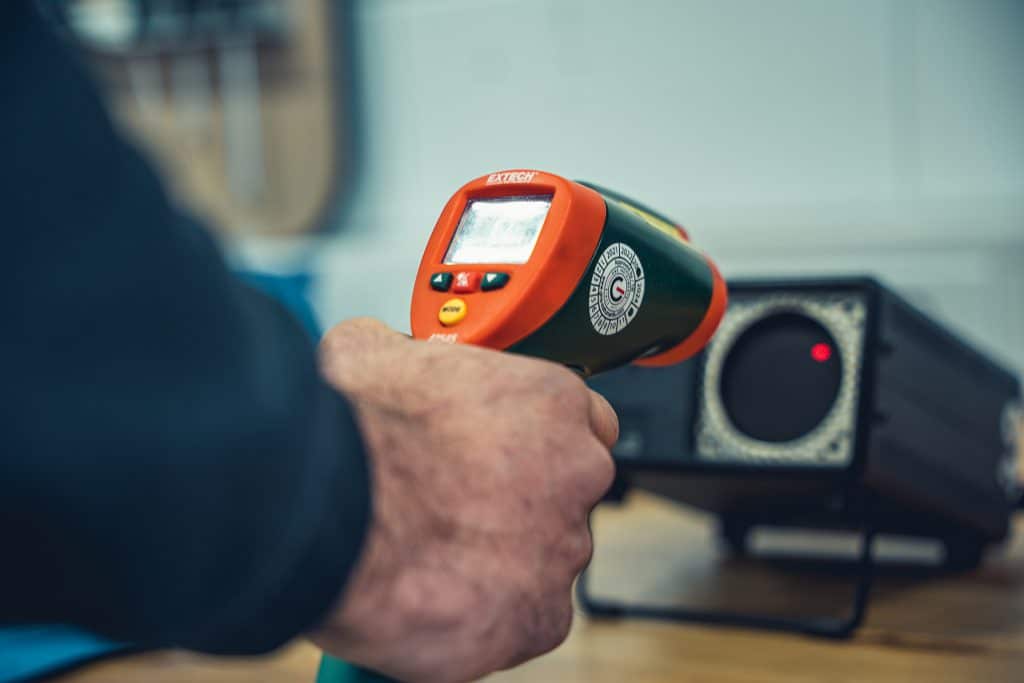
Application considerations for your thermometer
When selecting a type of thermometer, it’s important to consider how you plan on using it. If you need to take quick readings over short distances, then a non-contact thermometer may be your best bet while if accuracy is paramount, then a digital option would be preferable. Additionally, all three types come in different shapes and sizes, so it’s important to find one that fits your application needs as well as your budget constraints.
If you’re choosing a contact thermometer, is important to keep the insertion length and process connection in mind. Whether it be the insertion length or another element in the process, your thermometer should be optimized for the best performance in any environment.
Personalization
Selecting the right type of thermometer for your needs can seem daunting at first, but with these tips in mind, you should have no trouble finding the perfect option for your application requirements! Remember, accuracy matters when it comes to temperature readings, so invest in a quality product that will provide reliable results every time! Since there are so many options when it comes to thermometers, we advise you to contact one of our specialists. They are there for all your questions and will make sure that you can make a perfect choice in thermometers!
Related
More of the same
